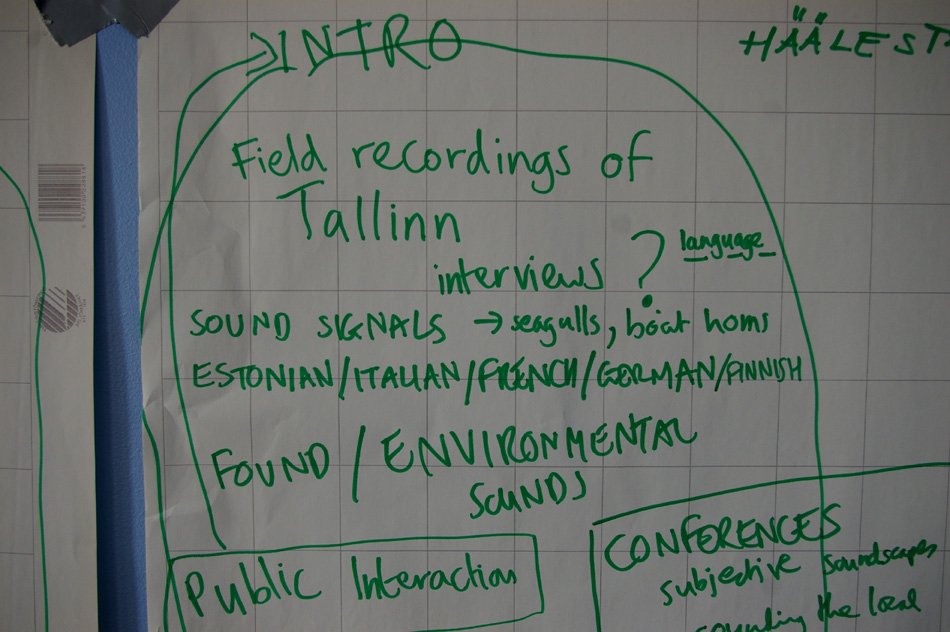Essential Paperwork Every Trades Group Needs

Embarking on the journey of managing a trades group comes with a myriad of responsibilities, not least of which is maintaining impeccable paperwork. From ensuring legal compliance to facilitating seamless operation, the paperwork you manage forms the backbone of your trades group's professionalism and efficiency. Let's delve into the essential documents and procedures that every trades group should prioritize.
1. Business Registration Documents

Firstly, before you can even think about the tools of the trade, you need to ensure your trades group is legally recognized. This involves registering your business, which typically includes:
- Business Name Registration
- Corporate Documents (Articles of Incorporation or Partnership Agreement)
- Employer Identification Number (EIN) or similar tax ID for non-US entities
These documents are not just formalities; they enable your business to operate within legal frameworks, open bank accounts, and enter into contracts.
2. Licenses and Permits

The trades industry often requires specific licenses and permits that vary by trade and locality:
- General Contractor's License
- Special Trade Licenses (e.g., Electrician, Plumber)
- Building Permits for project work
- Zoning Permits
💡 Note: Always check local regulations as requirements can differ significantly from one area to another.
3. Insurance Certificates

Insurance is your shield against unforeseen events:
- General Liability Insurance
- Worker's Compensation Insurance
- Professional Liability (Errors and Omissions) Insurance
- Vehicle Insurance for company-owned vehicles
These certificates ensure you're protected from claims related to injuries, damages, or professional mistakes.
4. Employee and Subcontractor Agreements

To maintain clear terms of employment and engagement, you'll need:
- Employee Contracts detailing terms of employment
- Subcontractor Agreements specifying the scope of work, payment terms, and legal obligations
⚠️ Note: Distinguish between employees and subcontractors as their legal rights and tax implications differ.
5. Health and Safety Documentation

The safety of your workers and compliance with regulations is paramount:
- Safety Manual and Training Records
- OSHA compliance documents (or equivalent in your jurisdiction)
- Job Hazard Analysis (JHA) for different tasks
6. Financial Records

Accurate financial management is critical:
- Income Statements
- Balance Sheets
- Cash Flow Statements
- Tax Returns and related documentation
| Document | Purpose |
|---|---|
| Payroll Records | Track wages, benefits, and tax withholdings |
| Bank Statements | Monitor cash flow, deposits, and withdrawals |
| Invoices and Receipts | Record income and expenses for accounting |

7. Project Management Documents

Every project requires meticulous documentation to stay on track:
- Project Plans and Specifications
- Contracts with Clients
- Change Orders
- Project Time Logs
- Quality Control Checklists
✅ Note: Efficient project management documentation helps in maintaining client trust and ensuring project completion within budget and on time.
In managing a trades group, paperwork isn't just about staying organized; it's about safeguarding your business, maintaining compliance, and establishing professionalism. These documents serve as your roadmap to success, ensuring every step you take is legally, financially, and ethically sound. Navigating through legal requirements, managing insurance, and keeping accurate financials are not merely administrative tasks but the cornerstones of operational integrity in the trades industry. They are your means to uphold the trust of clients, comply with regulations, and ensure the well-being of your workforce, ultimately contributing to the longevity and reputation of your trades group.
What happens if I don’t obtain the necessary business registration?

+
Operating without proper registration can lead to legal penalties, fines, and potential shutdown of your business operations. It also means you won’t have legal standing to enter into contracts or sue for payment.
Do I need insurance even if I’m just starting out?

+
Absolutely. Even as a startup, insurance protects you from claims that can arise from injuries or damages, which can occur at any point in your operations, regardless of size.
How long should I keep financial records?

+
Most jurisdictions require businesses to keep financial records for at least seven years. It’s wise to keep them longer if they relate to ongoing legal issues or tax disputes.